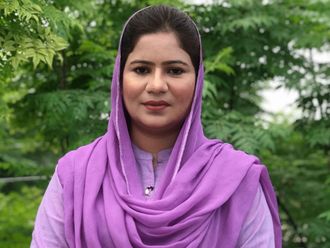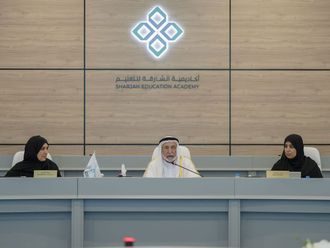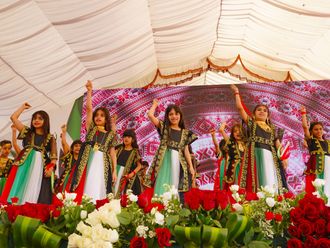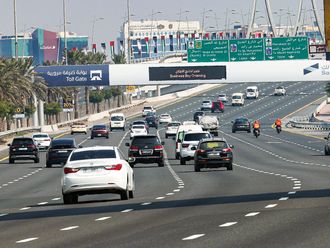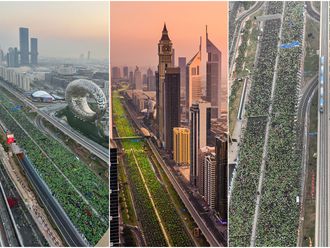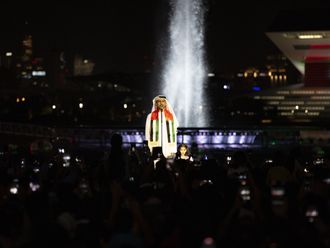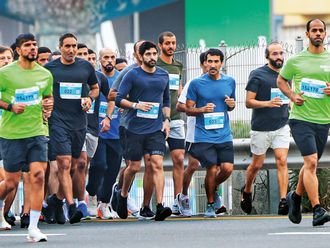Dubai: Public and private schools in UAE experienced various developments in 2015, from integrating smart learning in classes to launching reading initiatives.
With the New Year just around the corner, Gulf News highlights the achievements of some of the UAE’s educational authorities in 2015.
One of the achievements of the Knowledge and Human Development Authority (KHDA), which is responsible for all 255,208 students who go to private schools in Dubai, includes the introduction of a new national inspection framework.
After seven years of inspecting private schools, KHDA released the first unified UAE School Inspection Framework in 2015.
The new framework monitors progress made by schools towards achieving their individual UAE National Agenda targets and helps parents make informed decisions.
In 2015, KHDA also introduced the parent-school contract for all private schools in Dubai. The contract enables a schooling experience that has a child’s wellbeing at its heart while ensuring both schools and parents are aware of their duties and responsibilities towards each other.
Dr Abdullah Al Karam, Chairman and Director General of KHDA, told Gulf News that the authority plans on introducing other new initiatives in 2016 to elevate the quality of education in Dubai private schools.
“The New Year represents the beginning of new initiatives that will add to happiness in the education community. It marks the starting point in our journey to build happier schools and universities. KHDA’s new initiatives will focus on promoting positivity, innovation and happiness,” he said.
Al Karam did not reveal further details about these new initiatives.
The private education scene in Dubai saw the opening of six new schools this year. The KHDA also launched a number of smart learning services through its mobile application this year.
Meanwhile, the Ministry of Education, which monitors all public schools in Dubai and the Northern Emirates as well as private schools that follow the ministry’s curriculum, made notable achievements in smart learning thanks to the Mohammad Bin Rashid Smart learning programme.
In 2015, a total of 283 schools were transformed to smart schools, this includes 1,760 classes, 6,349 teachers and 34,513 students.
By 2018, all 423 schools will be transformed, this includes 7,606 classes, 12,320 teachers and 121,205 students, he said.
Future educational goals according to UAE’s national goals
The UAE has introduced a number of goals that all educational authorities and schools are expected to achieve in the coming years.
These goals include elevating UAE’s rankings in international assessment tests as His Highness Shaikh Mohammad Bin Rashid Al Maktoum, Vice-President and Prime Minister of the UAE and Ruler of Dubai, put forward two main objectives regarding the UAE’s ranking in international assessments:
The UAE will be among the 15 highest performing countries in Timss (Trends in International Mathematics and Science Study).
The UAE will be among the 20 highest performing countries in Pisa (Programme for International Student Assessment).
Meeting these rankings by 2021 is an ambitious goal for UAE schools that are currently ranked below the international average of 500. To fulfil the national agenda goals the students must rank 520 in all the subjects of the Pisa exams. While to fulfil the UAE national agenda, grade eight students must score 510 and grade four students must score 530 in Timss.
President His Highness Shaikh Khalifa Bin Zayed Al Nahyan also declared 2016 as the Year of Reading in the UAE with the aim of creating a generation of book lovers and consolidating the country’s position as a global capital for knowledge and culture.
It is expected that schools this year will focus on reading in response to Shaikh Khailfa’s initiative.


